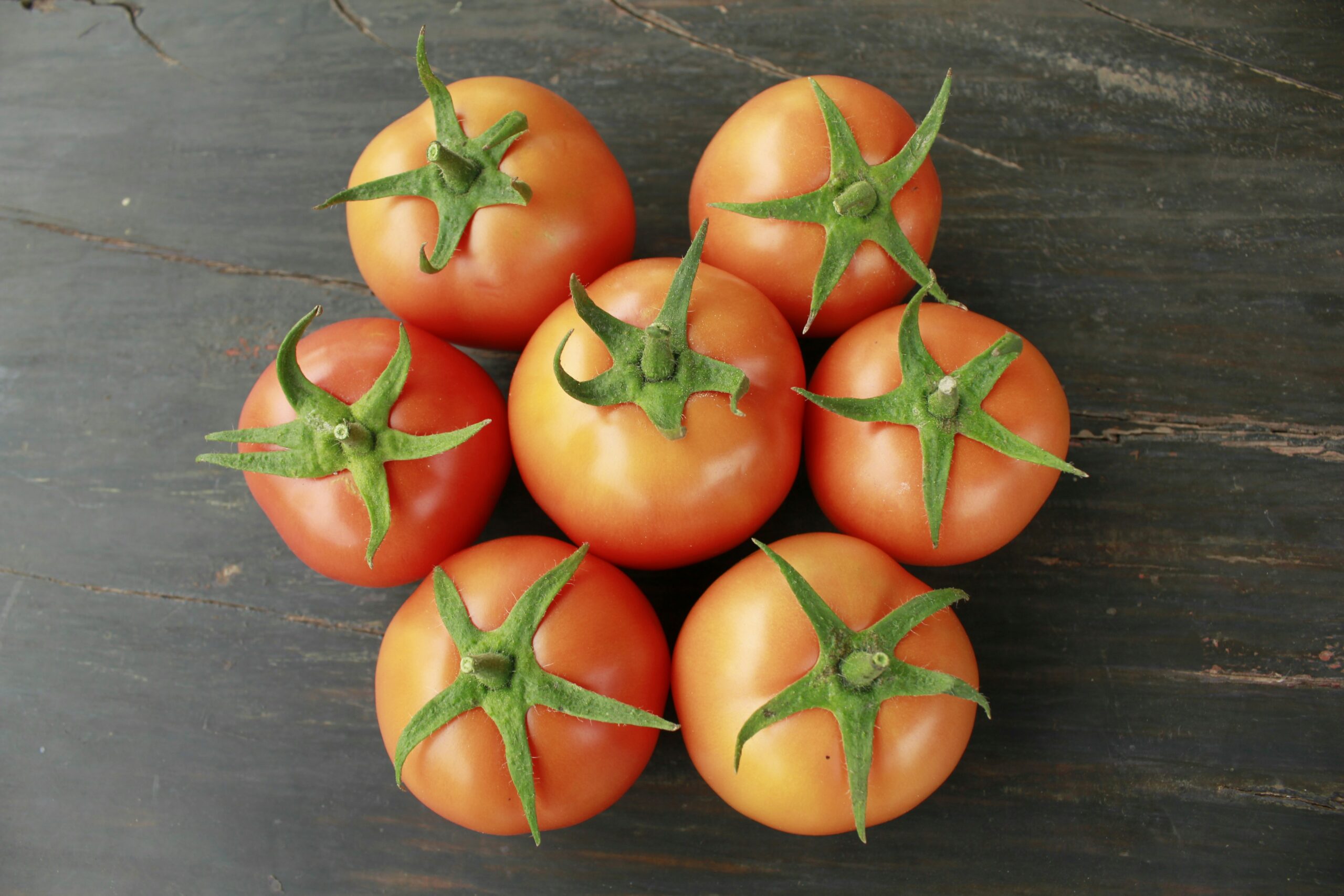
What is Aquaponics? Aquaponics is an innovative farming technique that combines aquaculture (raising fish) with hydroponics (growing plants in water). This system creates a symbiotic environment where fish waste provides...

What is Aquaponics? Aquaponics is an innovative farming technique that combines aquaculture (raising fish) with hydroponics (growing plants in water). This system creates a symbiotic environment where fish waste provides...

What is Vermiculture? Vermiculture is the practice of using earthworms to improve soil health and fertility. By breaking down organic matter, these small but mighty creatures create nutrient-rich compost known...
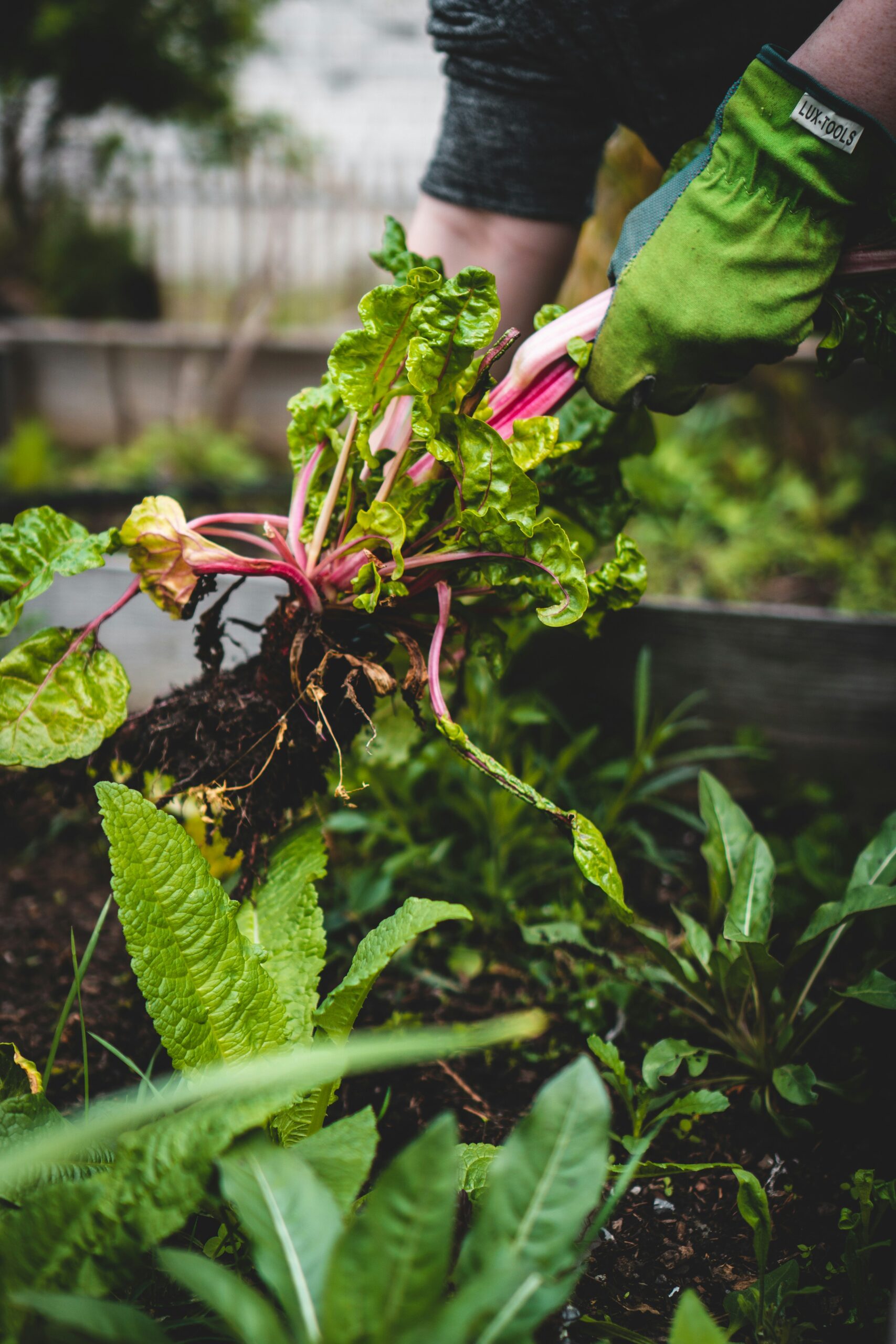
What is Biodynamic Farming? Biodynamic farming is a holistic approach to agriculture that emphasizes the interconnectedness of soil, plants, animals, and humans. This practice originated in the early 20th century,...
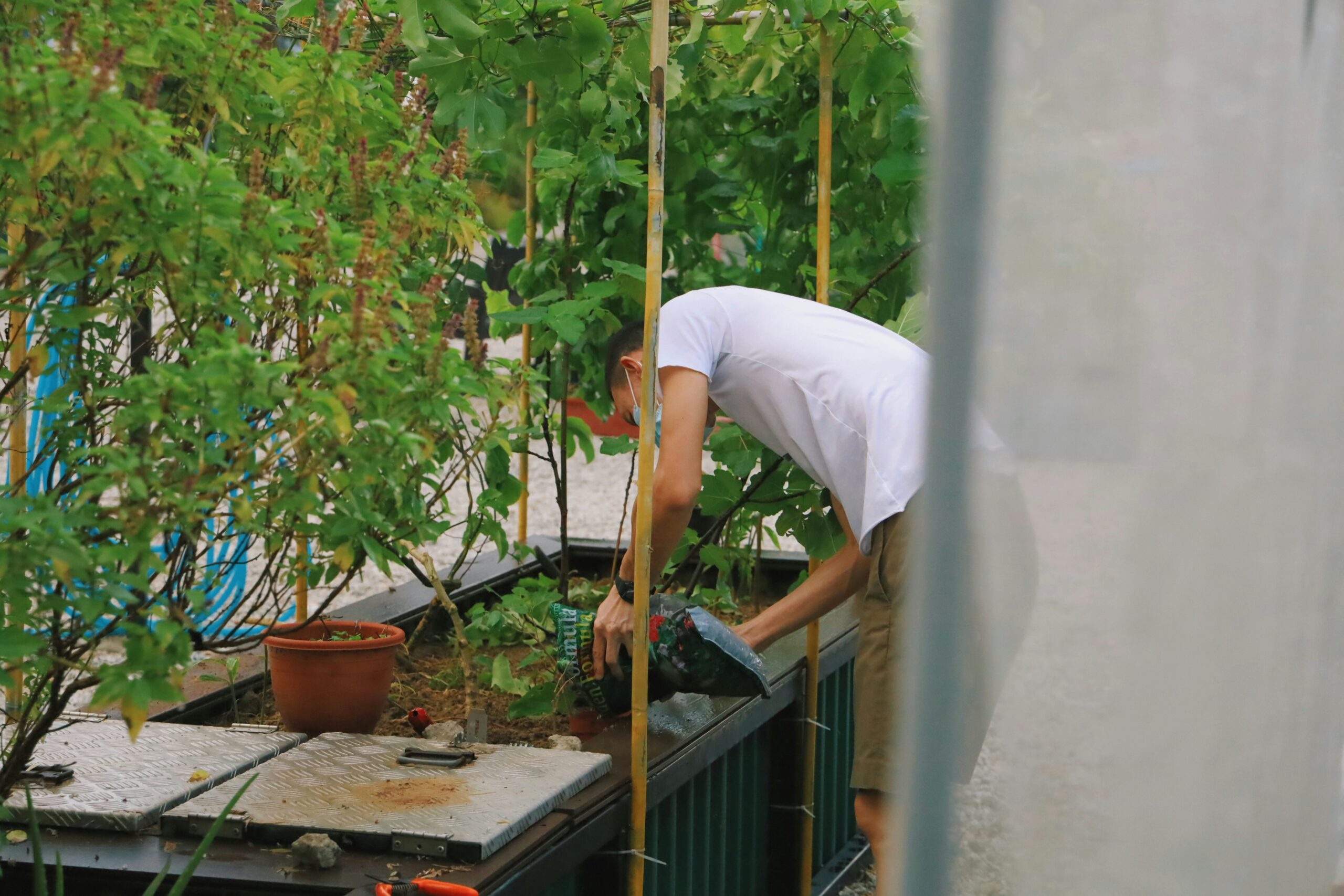
What is Urban Farming? Urban farming is a practice that is revolutionizing the way we view agriculture within city environments. It involves growing food in and around urban areas, utilizing...
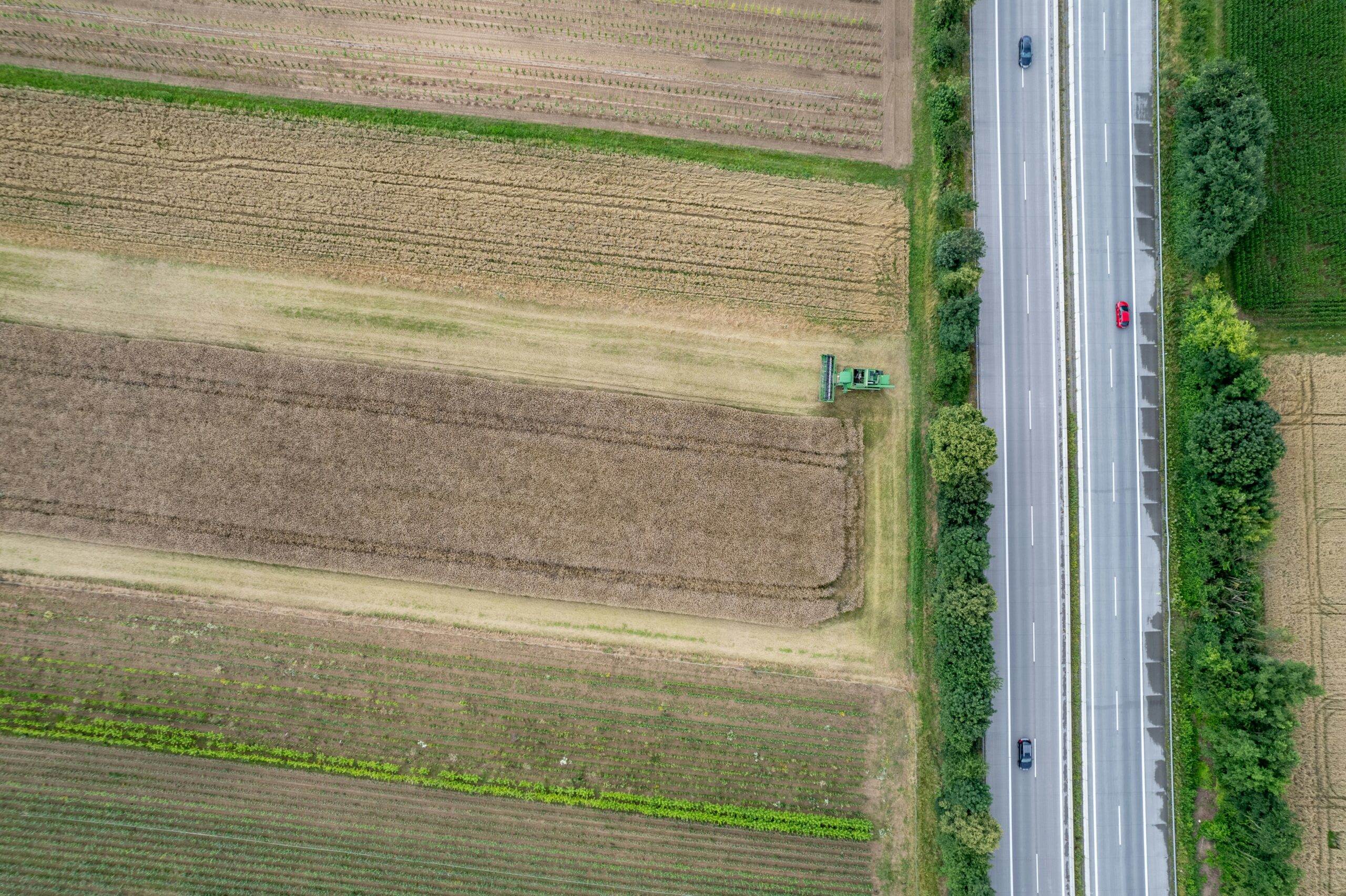
Introduction to Precision Farming Precision farming represents a revolutionary approach in agriculture, utilizing advanced technologies to enhance crop yields while minimizing environmental impact. By leveraging GPS and data analytics, farmers...

What is Agroforestry? Agroforestry is an innovative land-use management system that integrates trees and crops in order to create sustainable agricultural practices. This method enhances biodiversity, improves soil fertility, and...

Understanding Cover Crops Cover crops are plants grown primarily to improve soil health rather than for harvest. They play a crucial role in agriculture by enhancing soil fertility, reducing erosion,...
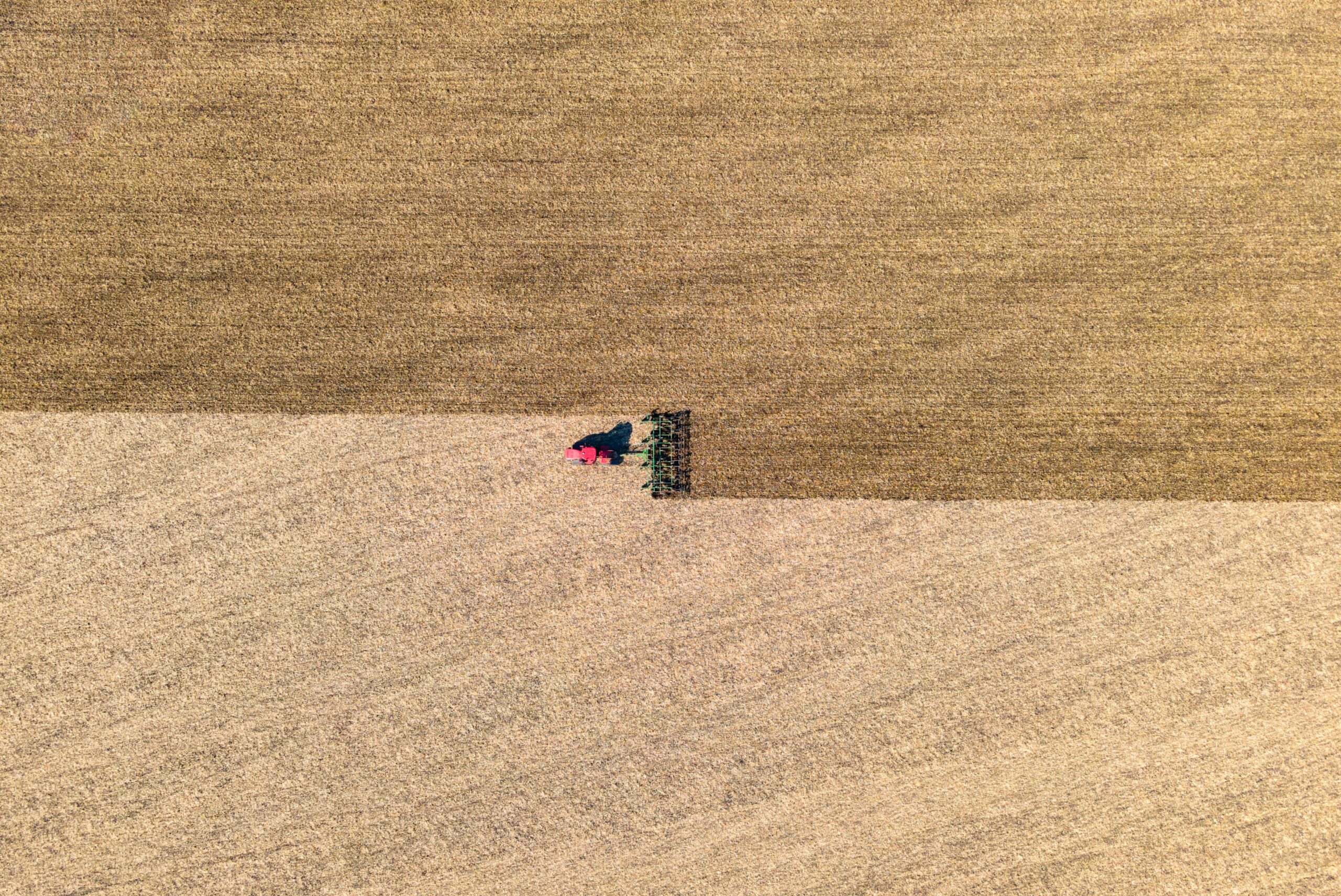
What is No-Till Farming? No-till farming is an agricultural practice that involves growing crops without disturbing the soil through tillage. This method allows the soil structure to remain intact, leading...

Understanding the Challenge of Water Scarcity Arid regions face significant challenges when it comes to water resources. The scarcity of water not only affects daily living but also impacts agriculture,...

Understanding Companion Planting Companion planting is an age-old gardening technique that promotes the growth of certain plants together to enhance growth, improve flavor, and control pests naturally. By utilizing the...
We are a Zambian leader in renewable energy and agricultural sustainability. We convert agricultural and livestock waste into clean energy, promoting food security, environmental conservation, and community development.
We offer specialized workshops and training to empower communities with skills in Anaerobic Digestion and renewable energy.
To develop and implement innovative, sustainable solutions for renewable energy, agriculture, and waste management, contributing to Zambia’s energy needs and environmental sustainability.
Term & Conditions ◉ Privacy Policy
© 2025 Mupundu Energy Ltd. All rights reserved.